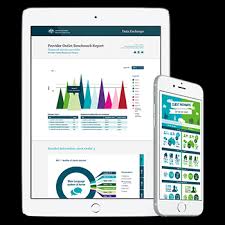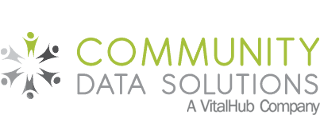
Recent changes to Data Exchange reporting framework
The Data Exchange has implemented in July 2018 an enhanced data reporting requirements for funded services. The incremental extension to the reporting framework and scope indicates overall the Commonwealth Government’s desire to expand funded services data collection in the following directions:
- Inclusion of state based funded programs
- Enhanced collection of client circumstantial information
- Enhanced collection of client outcomes information
- Enhanced collection of service output information
Client circumstantial information reporting requirements has been expanded to identify clients who are at risk of becoming homeless as well as new information segmenting clients’ education level, employment status and NDIS eligibility, which often bears no relevance to the services offered. This information is not mandatory but will provide the Commonwealth with a stronger profile of your agencies target groups.
Client outcomes information has been enhanced in conjunction with few state governments to disclose the role of the person who assessed the reported outcomes. It is now expected of practitioners to collect certain outcomes directly from the end client and report other outcomes based on observation. While this seems a logical expansion of the SCORE outcomes framework the Data Exchange has not provided clients any method to report outcomes directly and pushed the responsibility to providers.
Recently the Data Exchange has also released a discussion paper illustrating translation methods from popular outcomes questionnaires commonly used for specific intervention domains into SCORE 1-5 scale. This move suggests the Data Exchange is offering itself as a suitable data repository for outcomes frameworks that were previously considered incompatible with the SCORE framework.
Service output information has been expanded to collect client’s attendance profile to differentiate between service recipients and their dependents as well as service setting identifying the location of service delivery.
The Data Exchange has also been busy negotiating data collection for a number of state government departments. This move suggest state programs must adjust their reporting process to meet the Data Exchange common protocol and share output and outcomes data with the Commonwealth.
Over the last four years we have seen a regular, incremental increase in the scope and complexity of data collected by the Commonwealth, which is not consistent with increase to funding levels. This leaves providers under constant pressure to meet reporting requirements with inadequate workforce staffing levels and capabilities.
CDS assists over 60 agencies report to DSS Data Exchange and are regularly upgrading our offering to minimise pressure on agencies; to help them maintain full control of their data ownership issues; and to ensure administration time at the agency level does not reduce time available to work with your clients.
If you have any question about changes to Data Exchange reporting process or its relevance to the specific programs your organisation is funded for contact our support staff to discuss.

Recent Comments